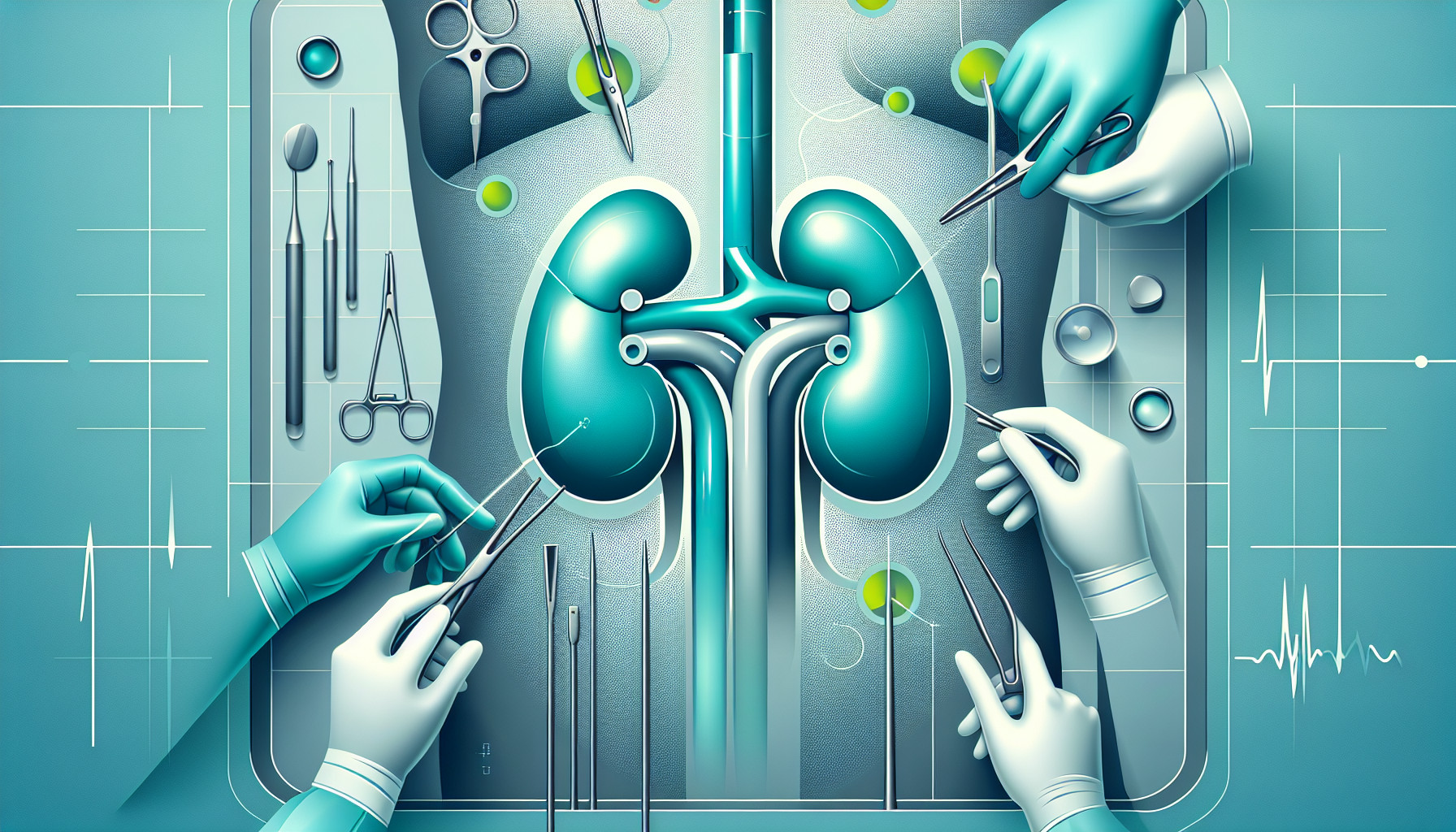Our Summary
This research paper discusses the growing need for kidney transplants. It states that although kidney transplants have proven to be beneficial in terms of survival rate, cost, and quality of life for patients with severe kidney disease, the number of people waiting for a kidney transplant continues to increase each year. By the end of 2014, there were nearly 100,000 adults and 1,500 children waiting for a kidney transplant. As a result, the time that people have to wait for a transplant is also increasing, and sadly, many adults are removed from the waiting list due to death or worsening health conditions. On a positive note, the survival rate of transplants from both living and deceased donors has improved over the past decade. The paper also mentions a new system for allocating organs that was put into place in late 2014, which may help address these issues in the future.
FAQs
- What are the benefits of a kidney transplant over dialysis for patients with end-stage kidney disease?
- How has the waiting time for a kidney transplant changed over the years?
- What is the new allocation system implemented in 2014 for kidney transplants?
Doctor’s Tip
A helpful tip a doctor might give a patient about kidney transplant is to stay informed about the organ allocation process and to be proactive in advocating for themselves on the transplant waiting list. It is important for patients to work closely with their healthcare team to ensure they are meeting all necessary requirements and staying up to date with any changes in the allocation system. Patients should also maintain a healthy lifestyle, including regular exercise and a balanced diet, to optimize their chances of a successful transplant.
Suitable For
Patients who are typically recommended for kidney transplant include those with end-stage kidney disease who are not responsive to other treatments such as dialysis. Candidates for kidney transplant must also meet certain criteria such as being in good overall health, having no active infections or cancer, and being willing and able to adhere to the post-transplant medication regimen. The decision to recommend a kidney transplant is often made by a multidisciplinary team of healthcare providers, including nephrologists, transplant surgeons, social workers, and psychologists. Additionally, potential recipients must undergo a series of medical tests and evaluations to determine their suitability for transplant surgery.
Timeline
Before kidney transplant:
- Patient is diagnosed with end-stage kidney disease
- Patient undergoes evaluation to determine if they are a candidate for kidney transplant
- Patient is added to the waiting list for a deceased donor kidney or seeks a living donor
- Patient undergoes pre-transplant medical and psychological evaluations
- Patient undergoes surgery for kidney transplant
After kidney transplant:
- Patient is monitored closely in the hospital for any complications
- Patient begins taking immunosuppressant medications to prevent rejection of the new kidney
- Patient may experience side effects from medications
- Patient undergoes regular follow-up appointments with healthcare providers
- Patient is advised to make lifestyle changes to support kidney health
- Patient experiences improved kidney function and quality of life compared to being on dialysis.
What to Ask Your Doctor
- How long will I have to wait for a kidney transplant?
- What are the risks and benefits of a kidney transplant compared to staying on dialysis?
- What is the success rate of kidney transplants at this hospital?
- What is the recovery process like after a kidney transplant?
- What medications will I need to take after a kidney transplant?
- How often will I need to have follow-up appointments after the transplant?
- How will my lifestyle need to change after a kidney transplant?
- What are the potential complications or risks associated with a kidney transplant?
- How will the transplant surgery be performed and what is the expected outcome?
- How will my insurance coverage be impacted by a kidney transplant?
Reference
Authors: Hart A, Smith JM, Skeans MA, Gustafson SK, Stewart DE, Cherikh WS, Wainright JL, Boyle G, Snyder JJ, Kasiske BL, Israni AK. Journal: Am J Transplant. 2016 Jan;16 Suppl 2(Suppl 2):11-46. doi: 10.1111/ajt.13666. PMID: 26755262
